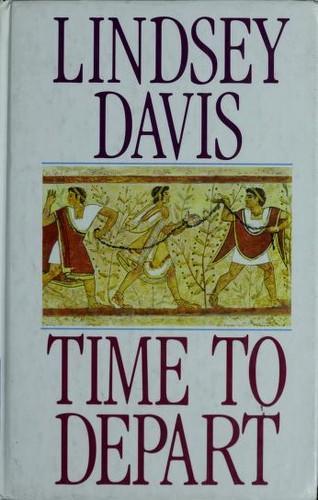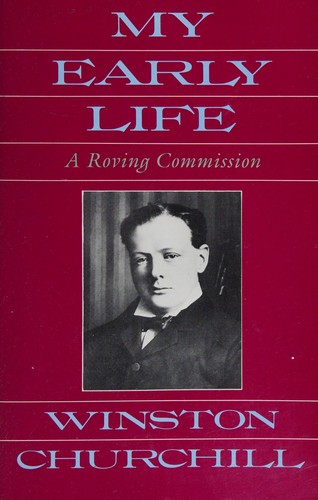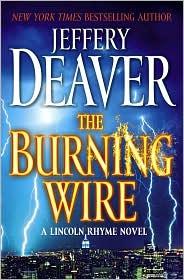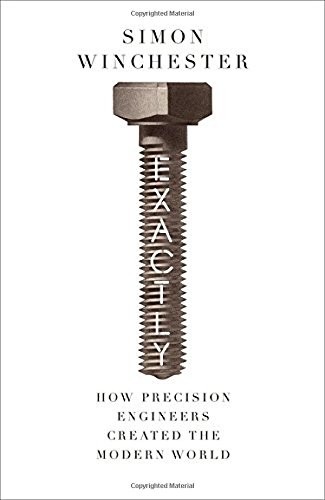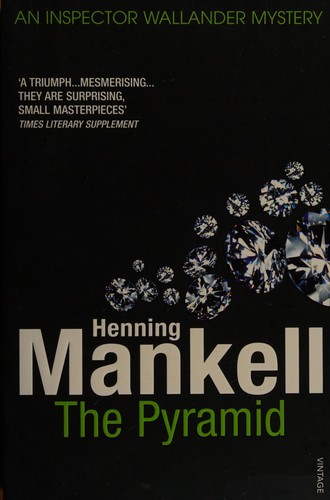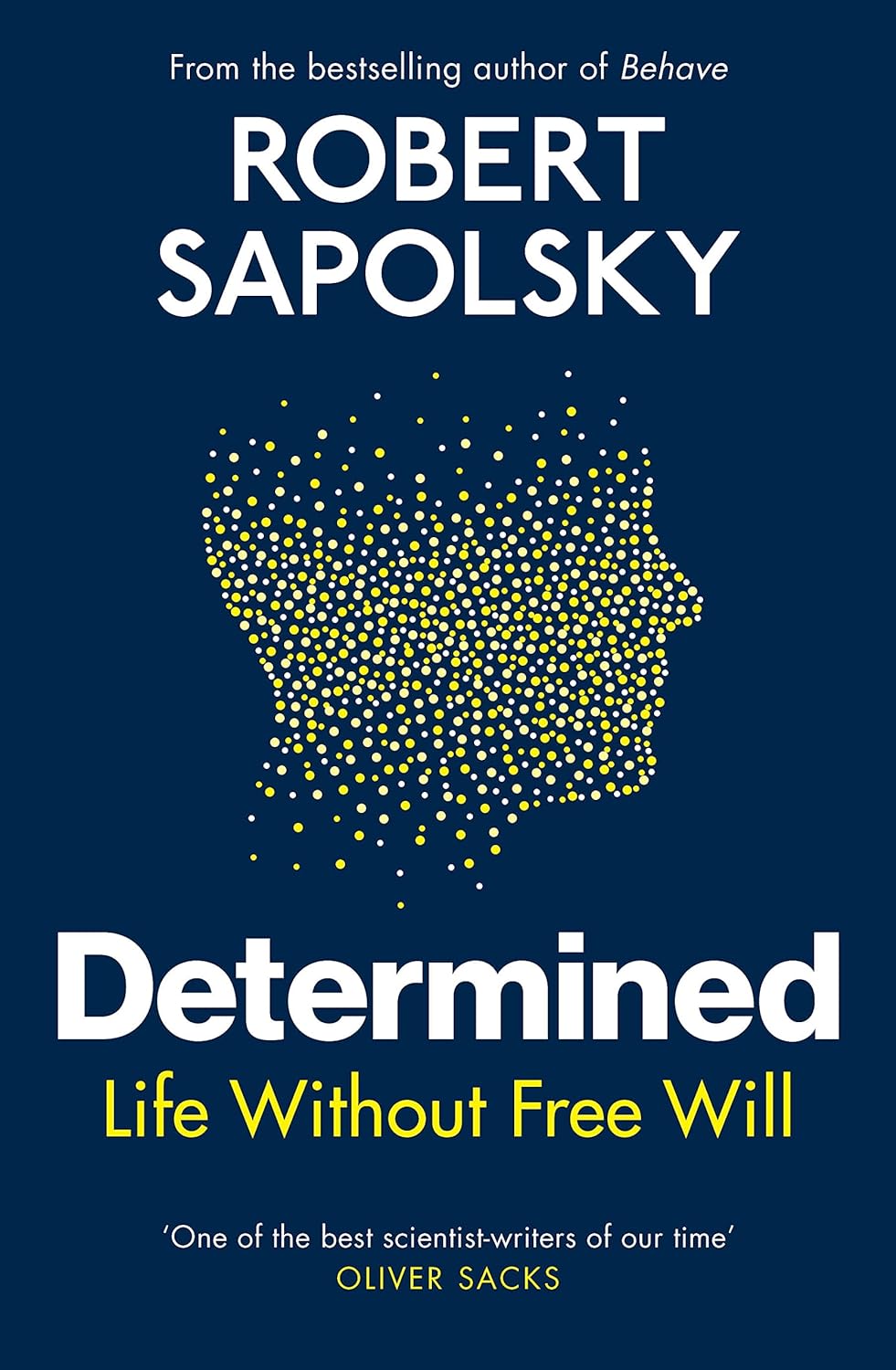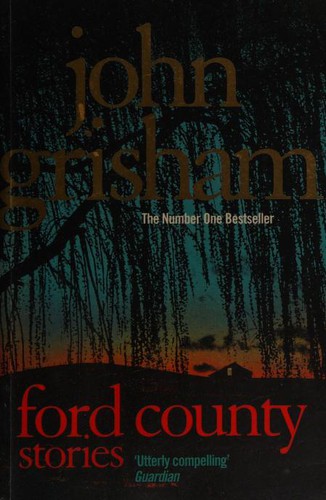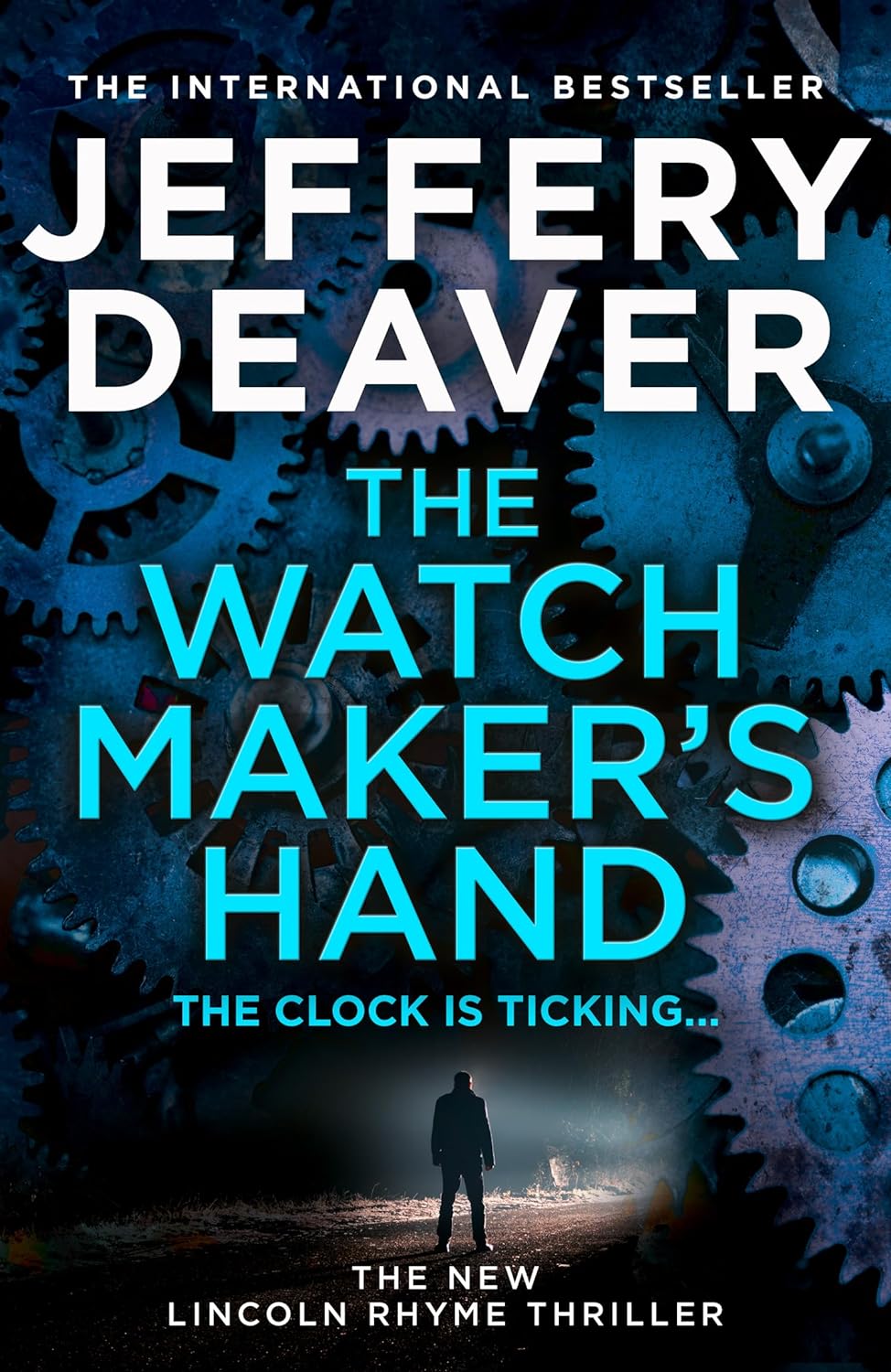Enjoyed to introduction to a new investigator member of the Falco family. Just a filled with insights into life in Roman times
Reviews and Comments
Retired scientist, I read a lot, fiction and non-fiction, on a wide range of subjects, though science, politics, philosophy, law, science fiction and historical detective stories are favourites.
This link opens in a pop-up window
John started reading The Ides of April (Flavia Albia Mystery, #1) by Lindsey Davis
John started reading Florence Nightingale : The Woman and Her Legend by Mark Bostridge
I believe in the importance of Evidence Based Medicine, and Florence was a pioneer in the area.
John reviewed My early life by Winston S. Churchill
John reviewed The Burning Wire by Jeffery Deaver (Lincoln Rhyme Series Volume 9)
Chapter 1 - Stars, Seconds, Cylinders and Steam (Tolerance 0.1), tells of (John WIlkinson)[https://en.wikipedia.org/wiki/John_Wilkinson_(industrialist)] and his precision boring machine, patented in 1774. It also mentions (John Harrison)[https://en.wikipedia.org/wiki/John_Harrison] and his quest for a clock, usable at sea and sufficiently precise to measure Longitude - though this is covered in more depth in (Longitude)[https://books.paladyn.org/book/7043/s/longitude] by Dava Sobel.
John commented on The pyramid by Henning Mankell (Kurt Wallander -- 9)
Wallendars's first case introduces many recurring characters, such as his father. He is still technically a patrolman, but due to transfer to the detective branch. Although he makes some foolish decisions a murder would not have been solved without his persistence.
John finished reading Determined by Robert M. Sapolsky
John reviewed Ford County by John Grisham
Rather mixed short stories
3 stars
Often, when reading Grisham's stories, I discover something about the American legal system which I had not known, whereas these tales, although a good read did not particularly draw me in.
John reviewed The Watchmaker’s Hand by Jeffery Deaver (Lincoln Rhyme, #16)
Another gripping thriller in the Lincoln Rhyme series
4 stars
The intermingled threads are full of twists and surprises. A rare featuring of Network Time Protocol, and Certificate Expiry - though technical readers will be complaining that it does not work like that - but could this be yet another Red Herring?
John reviewed Fatal Legacy by Lindsey Davis (Flavia Albia, #11)
Large cast of characters in an ancient roman legal mystery
3 stars
I have enjoyed several of the Falco series, and this tale of his adopted daughter, Flavia Albia. also has a good blend of insight into Roman life and a mystery written in a light humorous style. Due to the large number of related characters and extensive use of the tria nomnia this book would have been better as holiday reading than fitting in reading chapters interspersed with other activities. I am still inclined to read more in this series
John commented on A Surprise for Christmas and Other Seasonal Mysteries by Martin Edwards
Dead Man's Hand by E. R. Punshon
Clever measures to avoid being seen in the snow lead to the murderer's downfall in this short story.from 1950
John commented on A Surprise for Christmas and Other Seasonal Mysteries by Martin Edwards
Person or Persons Unknown by Carter Dickson
Although written and set in 1938 (in a country house), the story tells of events and murders in 1663 and 1667, the time of the Restoration, giving another viewpoint to that of The Ashes of London etc set in that period.
John reviewed Determined by Robert M. Sapolsky
Strong on neurobiology, with interesting forays into Chaos Theory, Emergent Systems and more
4 stars
The in-depth sections on neurobiology - particularly the Neurobiology 101 are very informative, as is the reminder of how rapid progress is in this area. The scope of coverage of subjects is similar, but more recent, than The Emperor's New Mind. Although I believe strongly in the importance and power of individual decisions, so disagree on a fundamental level, he puts a strong case.

